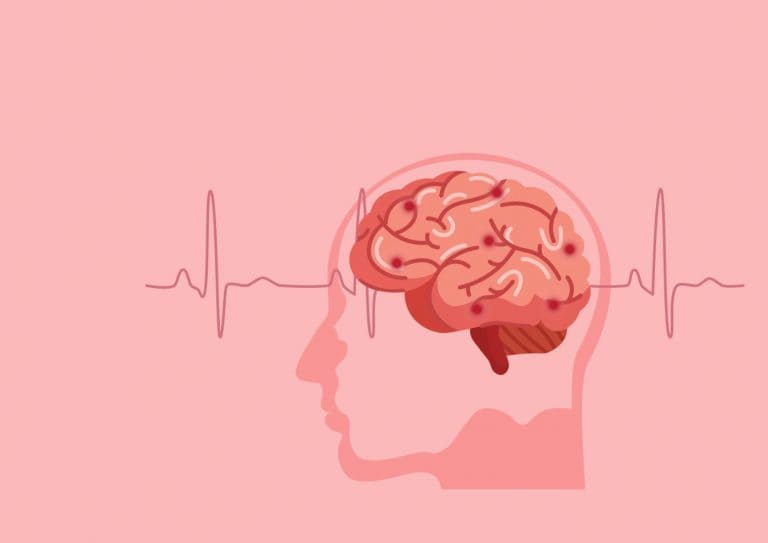Brain injuries suffered by professionals – a different base line
I have acted for a number of people who, before their injury, were extremely successful and at the top of a high flying career.
Then, they suffer a brain injury, either because of a terrible accident, attack, other trauma or a medical problem, and they go through a huge life change. The difference in their particular experience is that a greater part of the challenge they face tends to be finding a new understanding of what they are now aiming for.
Work can be absolutely central to a person’s identity. It may have been the main focus of a person’s life until that point, taking a huge amount of their energy. They will have achieved a great deal, having worked very hard and made sacrifices along the way.
Following injury, whether you can return to the job that you know and love is a dominating thought. It can even be a helpful one, to drive you through long and trying therapy sessions.
As time passes, and long discussions are had about progress, hopes may be raised and dashed as new limits are learned. However, there often lingers a hope that there may be a way of returning. It may be that there is a way of going back to work, depending upon how a recovery progresses, the type of role and possible adaptations. However, if this is not possible, the loss can feel absolute, and be devastating, and I’ve heard it described as even harder than the impact of their physical disability.
Therapists do not always understand the drive and high expectations that a former high flyer can have of themselves. A good one will always consider the person beyond the injury, and the difficult transition that they are making as an individual.
Aiming for nothing less than exceptional results is hard wired into such patients, as it has previously led to their success. Why would they aim for less? This may come across to those around them as being too hard on themselves, and something to try to talk them out of. However, it is this trait and determination that often keeps someone going through difficult times, and being told to expect less of yourself can be very frustrating.
Such a person, who may be working with a speech and language therapist for example, often finds the process incredibly frustrating, particularly if their previous role has involved sophisticated use of language, or regular public speaking. Their base line is simply in a different place. Passing tests, and being able to achieve communication skills that would be impressive to others can feel like a failure to those who are only content with exceeding expectations.
Such patients often have particular fears that are very understandable, around how former colleagues and associates may perceive them after their injury, and what they may think. It may be upsetting for them to be around those people, because of the constant reminder of their former life and what has been lost.
When someone has been at the top of their game, it can feel like this is the only possible place to return to, and there is a mountain to climb to get there.
These will of course be extremely dedicated patients who are committed to practice. Hard work is often something that comes very naturally, as well as the desire to prove themselves. However, being unable to overcome barriers is incredibly challenging. Coming up against failure again and again, and being unable to achieve what they consider the most basic of tasks is likely to affect this group acutely, and they can so easily spiral into depression.
To professionals who suffer brain injury, the realisation that their health will never be as it was before, and the loss of their former identity, can be devastating. It is incredibly important that they have neuropsychiatric and neuropsychological support.
They may be very independent people, and be well used to being so. However, the availability of a social network is particularly important to avoid loneliness and to help maintain good mental health. Spending time with people who truly listen and accept how they now are, and can relate to their experience is very important. For example, the brain injury charity The Silverlining offers an informal way to meet others and take part in different activities, no matter what your abilities.
Looking forward is difficult. However, at the right time, it’s possible to explore new opportunities. This of course takes energy and the right support, and specialists to help to explore them with you.










